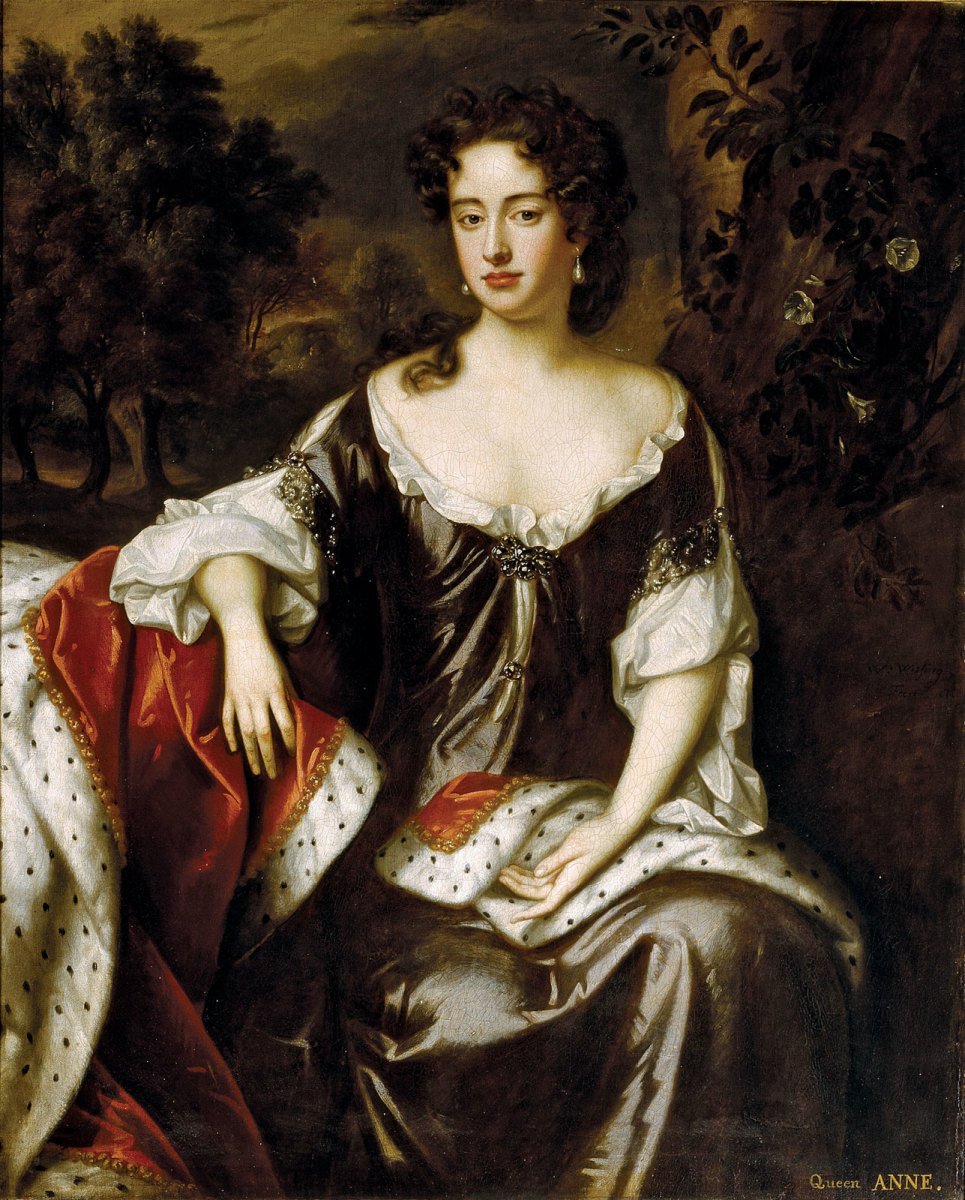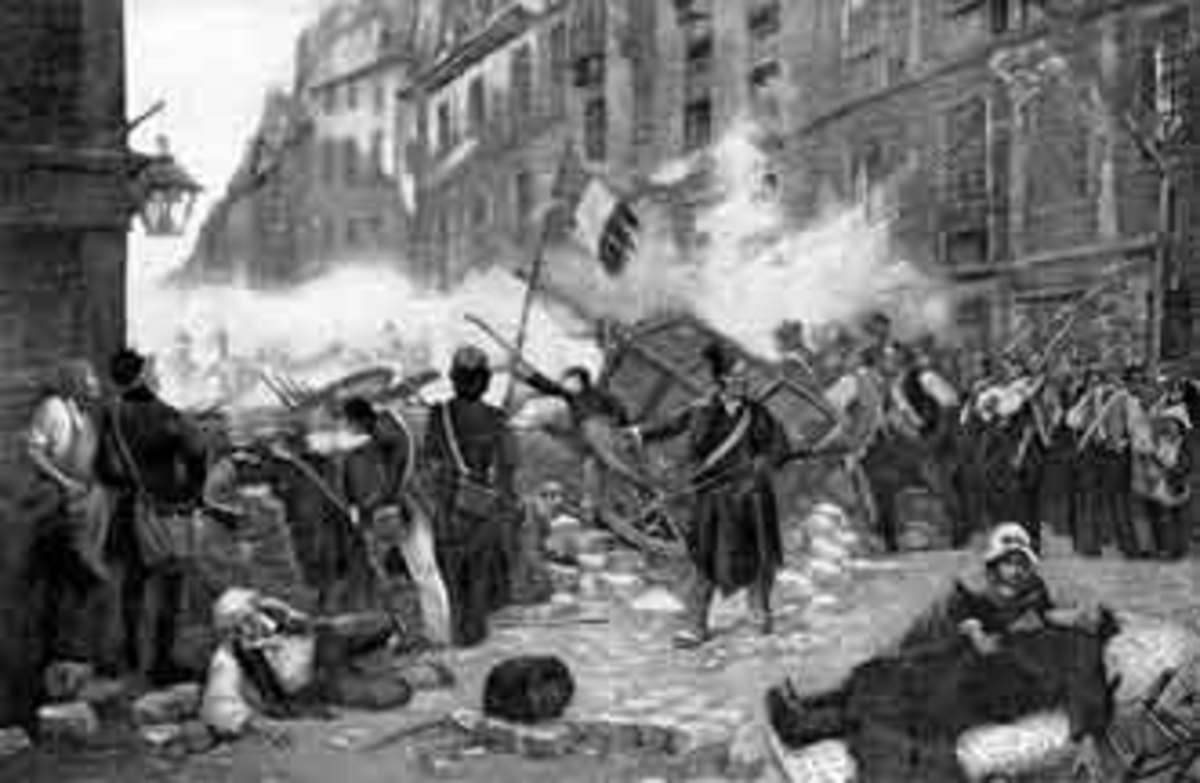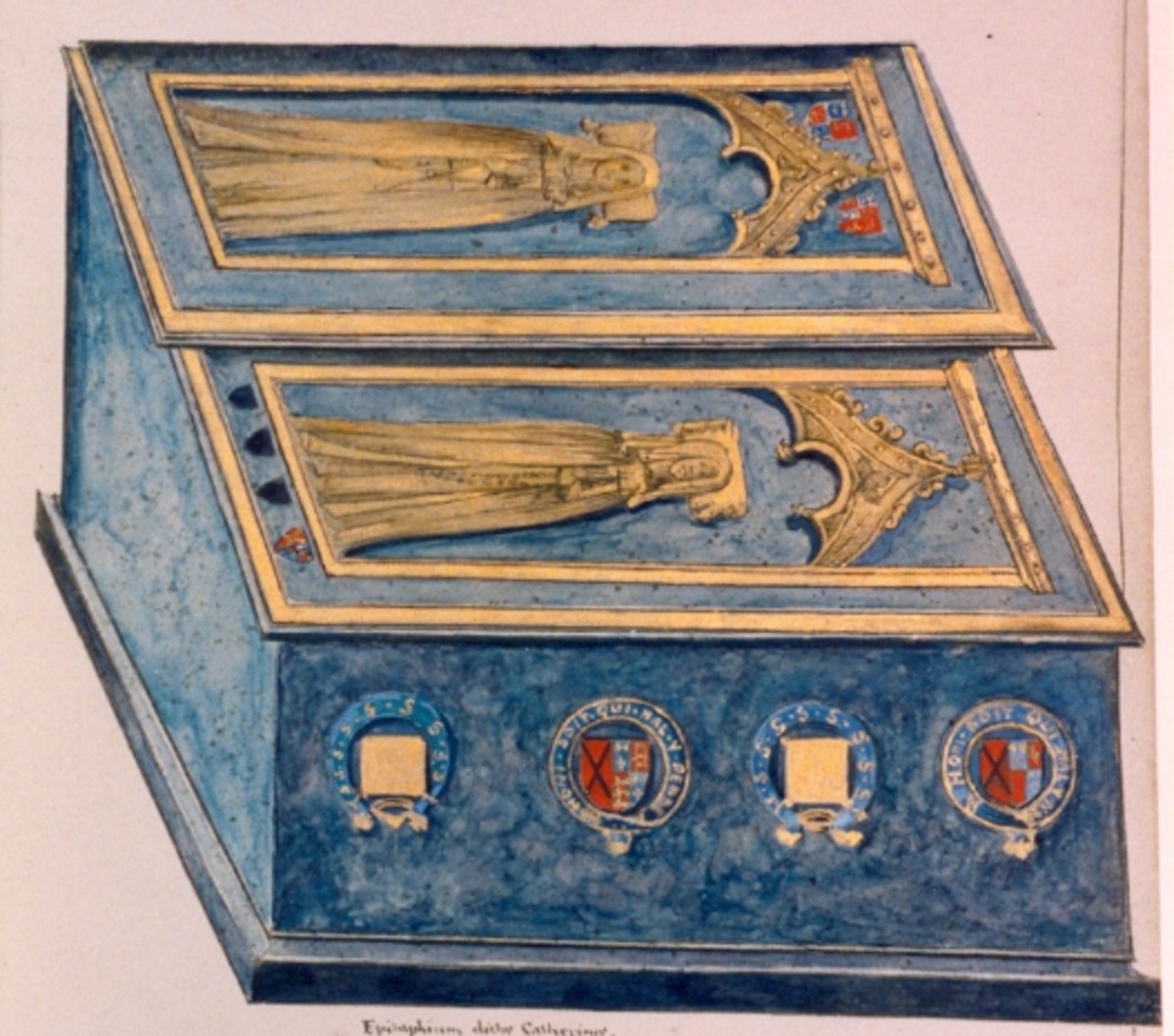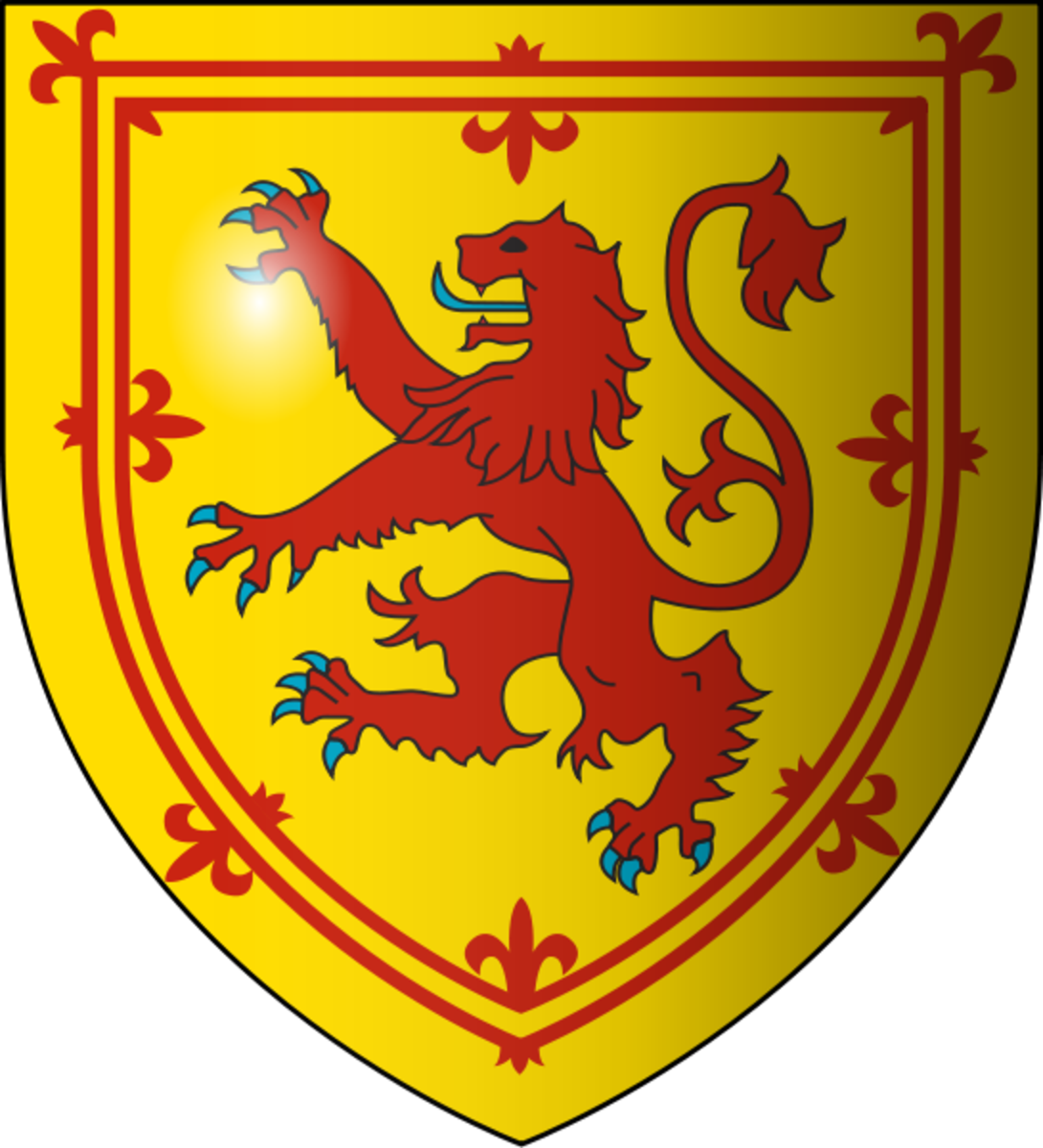King George the 4th
King George 4th
King George 4th was born on 12 August 1762, and died on 26 June 1830. He was born at St. James's Palace, and as the eldest son of a British sovereign, he automatically became Duke of Cornwall and Duke of Rothsay at birth; He was later created Prince of Wales and Earl of Chester. He ascended the throne as King George the 4th of Great Britain and Ireland after the death of his father,George 3rd on 29 January 1820 and he reigned until his own death ten years later. From 1811 until the death of his father, he served as Prince Regent due to his father's relapse into insanity. George 4th's short reign has been put down to his excesses in food and especially drink. Gluttony was one of the causes of his death, although other weaknesses of the flesh contributed as well.
cartoon of the day
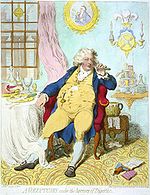
A life of priviledge
George IV is remembered mainly for his extravagant lifestyle and the huge debts that he accumulated. He contributed to the fashions of the Regency Period and he lived his life to the full, gambling and womanising throughout his early manhood. By 1797 his weight had reached 245 pounds or 17stone 7 pounds and by 1824 his waist was a massive 50 inches. He was a patron of new forms of leisure, style and taste. He commissioned the architect John Nash to build the Royal Pavilion in Brighton and remodel Buckingham Palace, and he had Sir Jeffrey Wyatville rebuild Windsor Castle. He was also the force behind the foundation of the National Gallery and King's College, London.
Prince Regent
The Prince of Wales turned 21 in 1783, and obtained a grants of £60,000 from Parliament and an annual income of £50,000 from his father. He then established his residence at Carleton House where he lived a profligate life. The prince and his father could not see eye to eye as George 3rd expected more frugal behaviour from his heir. The King, a conservative, was also not impressed by the Prince of Wales's friends, particularly Charles James Fox and other radical politicians. In order to put a rein on the prince's lifestyle, the King insisted on his son marrying his cousin, Princess Caroline. They were married in 1795 and from the outset did not get on well together. They produced one child, a daughter, Princess Charlotte in 1796. The couple grew so far apart that they began to despise each other and the Prince spent more time with his lover, Mrs. Fitzherbert than with his wife. Caroline moved to France.
In the summer of 1788 George 3rd's mental health deteriorated, but he was still able to discharge some of his duties and to declare Parliament dissolved from 25 September to 20 November. During this time the King became deranged, posing a threat to his own life, and when Parliament was re- established in November the King was not able to deliver the customary speech during the State opening of Parliament. Parliament found itself in an untenable position as according to long-established law it could not proceed with any business until the delivery of the King's Speech at a State Opening.
Parliament began debating a Regency. In the House of Commons, Charles James Fox declared his opinion that the Prince of Wales was automatically entitled to exercise sovereignty during the King's incapacity. A contrasting opinion was held by William Pitt the Younger, Prime Minister at that time, who argued that, in the absence of a statute to the contrary, the right to choose a Regent belonged to Parliament alone. Though disagreeing on the principle underlying a Regency, Pitt agreed with Fox that the Prince of Wales would be the most convenient choice for a Regent, but with limited powers. During his regency the country was run more or less by parliament. The Prince continued living extravagantly and his debts increased.
George 4th
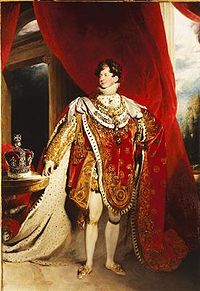
King at last
George 3rd died in 1820 and the Prince Regent ascended the throne as George 4th, with no real change in his powers. George's relationship with his wife had deteriorated by the time of his accession and both were having affairs. She now chose to return for her husband's coronation, and to publicly assert her rights as Queen Consort. However, George IV refused to recognize Caroline as Queen, and by royal command, Caroline's name was not included in the coronation proceedings. The King sought a divorce, but his advisers suggested that any divorce proceedings might involve the publication of details relating to the King's own adulterous relationships. He then requested the introduction of the 'Pains and Penalties' bill under which Parliament could have imposed legal penalties without a trial in a court of law. The bill would have annulled the marriage and stripped Caroline of the title of Queen. This proved extremely unpopular with the public, as they were sympathetic towards Caroline, and after a legal tussle where Caroline's lawyers were about to disclose details of George's infidelities with many mistresses, and his earlier secret marriage to Mrs. Fitzherbert, the bill was withdrawn from Parliament. George decided, nonetheless, to exclude his wife from his coronation on 19 July 1821.
Caroline fell ill that day and died on 7 August, maintaining that she thought she had been poisoned. George's heavy drinking and indulgent lifestyle had taken its toll on his health by the late 1820s. His taste for huge banquets and copious amounts of alcohol caused him to become obese, making him the target of ridicule on the rare occasions that he did appear in public.He would spend whole days in bed and suffered spasms of breathlessness that would leave him half-asphyxiated. Some accounts claim that he showed signs of mental instability towards the end of his life, although less extreme than his father. He died at about half-past three in the morning of 26 June 1830 at Windsor Castle; he called out "Good God, what is this?" clasped his page's hand and said "my boy, this is death."

![Prince Regent: The Complete Series [DVD]](https://m.media-amazon.com/images/I/51shB2l6oSL._SL160_.jpg)
